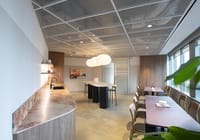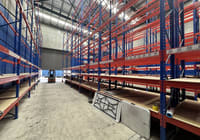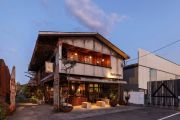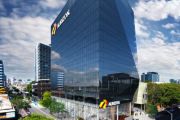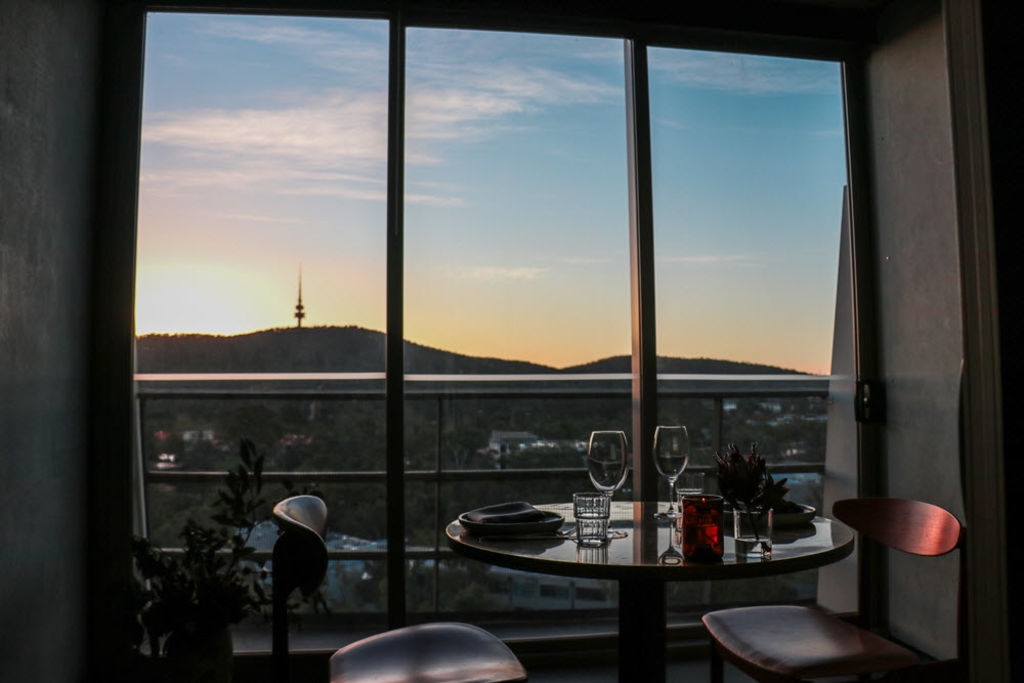
Micro-weddings and private dining rooms: How Australian hotels are adapting during coronavirus
Australia’s struggling hotels are going all out to innovate in order to stay in business, converting serviced suites into residential apartments or temporary offices, allocating beds for the homeless and offering special isolation packages with reduced prices for long-term stays.
One is even doing a special deal in the ACT, where COVID-19 regulations permit, of a dinner out in a hotel room, with a small extra payment to stay the night, while others have “micro-wedding” packages for a terrace ceremony and rooms.
“We have in excess of 400 hotels that have closed around the country and those that are open have very low occupancy and are struggling to survive,” said Michael Johnson, chief executive of Tourism Accommodation Australia. “But a number have been prepared to adapt and are open-minded about ways to generate cash flow.
“I think once domestic borders open, that will help with people who’d previously taken six million trips overseas a year now moving around the country, and the New Zealand bubble will work too. But a lot of hotels now are finding ways and means to generate business.”
One of the most enterprising is from Frasers Property, which is leasing some of its city serviced apartment properties as conventional – un-serviced — residential apartments for periods from three months to a year.
The rates from $600 a week, including utilities, Wi-Fi and a 24-hour concierge, are highly competitive with regular apartments and are on offer at Fraser Suites Sydney in Kent Street, Fraser Place Melbourne, Fraser Suites Perth and Capri by Fraser Brisbane.
“We’ve had a lot of people staying for longer terms at our properties, one person for three years!” said Matthew Rubie, country general manager at Frasers Hospitality Australia. “With so much interstate travel finishing and international travel a way off, we were looking at ways to bring some income in.
“We’d been talking about build-to-rent before as a model, so why not try this? So far, it’s been quite successful in Melbourne especially, and it feels like a unique way of repositioning to get out of a crisis.”
The informal accommodation market, with short-term let platforms like Airbnb, has collapsed around the world with the restrictions on travel, so those properties are also going back into the regular residential market to make money.
Serviced apartments being offered by other operators, such as Sydney’s SKYE Residences by the Crown Group in Green Square, are offering longer-stay terms, with minimums of 90 days, as well.
“Longer stays, displaced workers and offices are making up the bulk of our bookings,” said a Crown spokesperson.
Many hotels are turning rooms into day offices, with Wi-Fi included, to give people an alternative to working from home, especially if they have children off school or not enough space, or quiet, to work effectively.
“That’s been quite popular with many,” said Dean Long, chief executive of the Accommodation Australia Association. “We’ve also had some offering self-isolation packages and others being used for stays to help the homeless, with various governments around the states and territories paying for them.
“That’s been quite successful too. Some might be trying to detox and with the quality of care and accommodation they’ve received, and the support of the government, that’s working out well.”
Some hotels, such as the InterContinental in Sydney’s Double Bay, have offered themselves up for use as accommodation for medical staff, with other rooms remaining open for normal guests on essential travel. Sister hotel the Intercontinental on Macquarie Street has supplied rooms to be used by the government for isolating people returning from overseas travel.
“Some of our hotels have different offerings with different needs, there’s no one-size-fits-all in this situation,” said an InterContinental Hotels Group spokesperson. “Every day is different and quite fluid. Everyone has had to learn very, very quickly how to deal with this crisis.”
Two of the group’s other hotels, Crowne Plaza Canberra and Crowne Plaza Coogee Beach, have launched a completely different initiative: micro weddings for people who still want to tie the knot with a small crowd, with social distancing, health and safety properly observed. Packages include the ceremony, champagne, a bridal suite, hotel rooms for guests and a three-course dinner for four.
Ovolo Hotels has embraced the working-in-a-room concept with Wi-Fi, tea, coffee and a free mini-bar – advisedly for towards the end of the day – included.
In Canberra, the only city in which it’s currently permitted, there’s also the “Restaurant In Room” concept, billed as the only true restaurant experience allowed to happen in the country right now. At the city’s Ovolo Nishi, guests can book dinner in a room on Thursday, Friday or Saturday nights, and pay a little extra to actually stay the whole night.
“This has been really well received in Canberra,” said Ovolo Group marketing manager Stephen Howard. “We’ve reserved five rooms a night for this so they can be properly served, and we’ll be rolling out to other cities when regulations permit.”
A number are also offering massive discounts on stays. The Veriu Punthill Apartments, with properties across Australia, have long-stay specials for bookings over 14 nights, with up to 50 per cent off regular prices and limited housekeeping.
The rest of the time for the hotel industry is being spent on “unsexy back-of-office stuff”, says Simon Westaway, executive director of the Australian Tourism Industry Council.
“We’ve set up a COVID-19 tourism recovery plan with an accreditation program, dealing with everything from looking at marketing to cleanliness, business planning and assessment of the market, and working out social distancing.
“Anecdotally, a lot of hotels are looking at some aggressive pricing going on to get things going again, and the idea of a New Zealand bubble will really help, with 1.4 million coming from New Zealand each year on short-term visits.”



